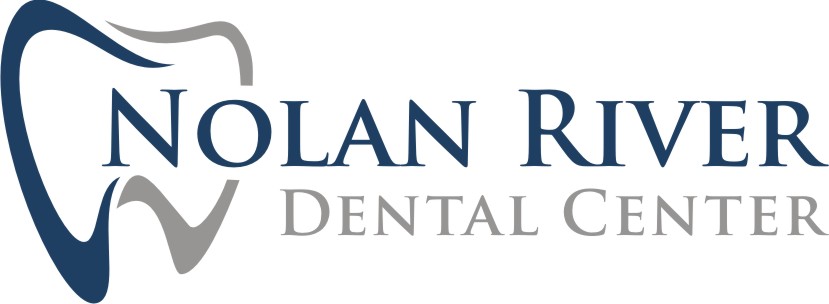Dental bonding involves a dentist applying a tooth-colored, special resin to a tooth that needs fixing. It is used to hide defects and abnormalities on a tooth or simply to improve the way it looks. This treatment can also help with oral problems like tooth decay. To answer the question posed in the title, dental bonding is not a permanent procedure. It does not require the removal of enamel, and the patient is free to explore other options later down the road if they choose to do so. Restorations made with dental bonding can last up to five years with good oral hygiene. Issues dental bonding can fix:
- Chipped teeth: A composite resin can be applied to a chipped tooth and cover the chip
- Discolored teeth: Dental bonding can be used to hide stains that won't come out with teeth whitening treatments. It is a cheaper alternative than other options like crowns or veneers
- Small teeth: A composite resin can be applied around the edge of a patient's teeth to make them appear larger than they are
- Gaps: Dentists use a composite resin to feel gaps in between teeth. They place the putty-like material into the hole to close it
- Short teeth: Dental bonding can be added to the biting surfaces of a person's tooth to make them appear longer
The composite resin used for dental bonding is the same type used by dentists for tooth-colored fillings. These are usually preferred over silver amalgam fillings since they are a lot harder to detect when the person opens their mouth. The composite blends in with the patient's real teeth, making them nearly impossible to detect.
Why you should consider dental bonding
Dental bonding is affordable, and it can be used to address several oral issues. It does not require any permanent changes to the patient's real teeth, so they are free to explore other options later on. Some people use dental bonding as a temporary solution while they save up for more permanent solutions like a crown or veneers. The process is not painful, and anesthetics are not necessary. The procedure is simple, fast and very safe. Also, most dentists have lots of experience when it comes to dental bonding. The benefits of dental bonding include:
- No permanent changes
- Affordable solution
- Versatile solution
- Does not require special maintenance
- Masks a variety of oral issues
- Can be replaced with other solutions later on
- A painless procedure that usually does not require the use of an anesthetic
Get your teeth restored
At Nolan River Dental Center, we regularly restore our patients' teeth with dental bonding and other treatments. If you are not pleased with the way one or more of your teeth look, stop by our clinic and find out how we can help you eliminate them. With dental bonding, the perfect smile you want is only a dental visit away.
Call or stop by today…
Request an appointment here: https://www.nolanriverdentalcenter.com or call Nolan River Dental Center at (817) 517-6453 for an appointment in our Cleburne office.
Check out what others are saying about our services on Yelp: Read our Yelp reviews.
Related Posts
Choosing the Right Dental Restoration Option
Are you in need of a dental restoration? Many people need to restore their teeth at some point or another in their lives. Dental restorations are often required when the teeth are …
Before and After Your Dental Bonding Procedure
Many patients are nervous before a dental bonding procedure, although the procedure itself is non-invasive, only takes one dental visit and does not require any anesthesia. You can prepare yourself mentally and …
A General Dentist's Role in Oral Cancer Prevention
General dentists not only work to prevent oral health problems; they also focus on oral cancer prevention. A dentist can still help improve health outcomes by catching warning signs of oral cancer …
Common Dental Treatments from a General Dentist
Dental treatments provided by a general dentist are essential for maintaining oral health, addressing dental concerns, and improving the appearance of your smile. From preventive care to restorative procedures, these treatments ensure …



